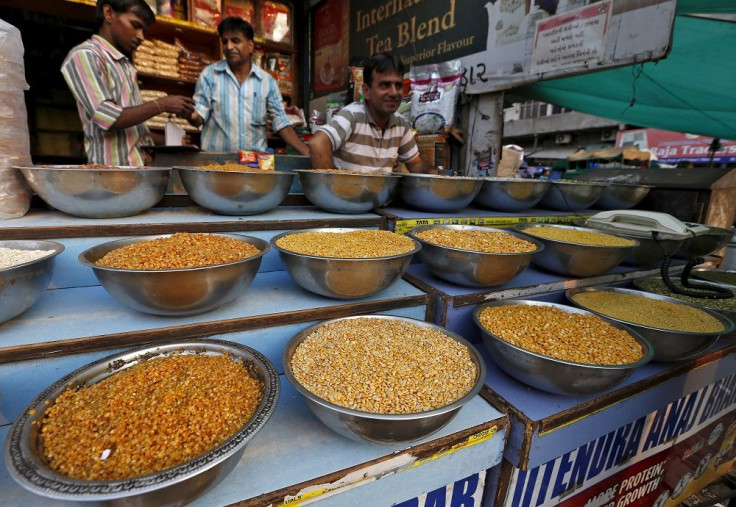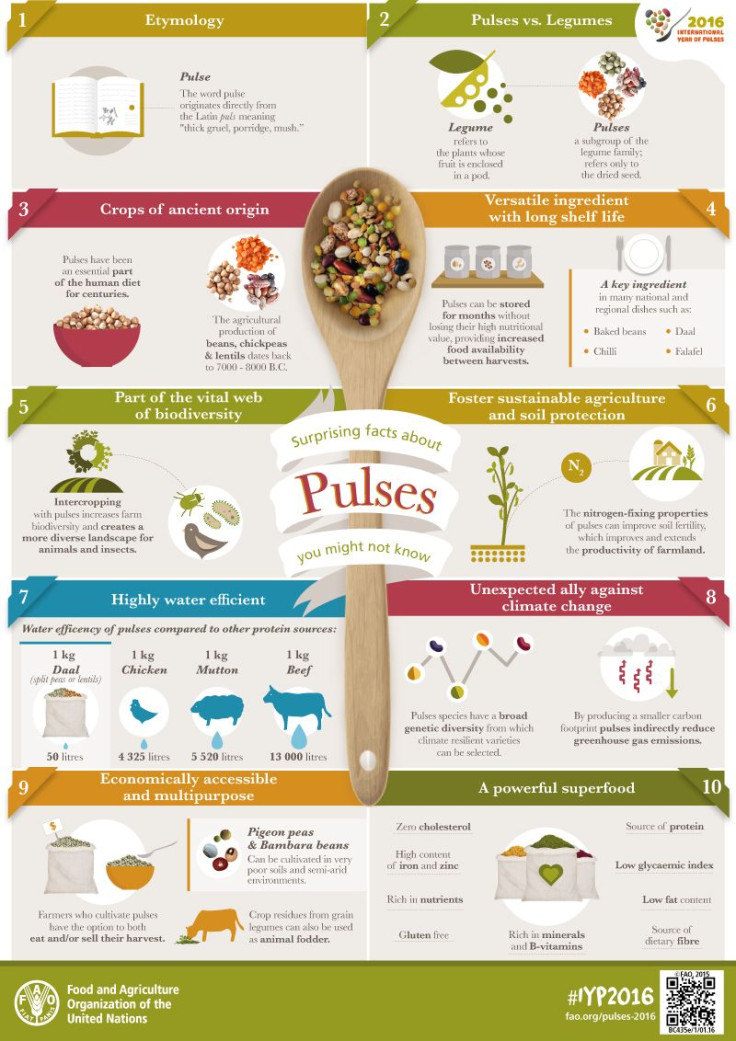To lose weight, eat beans, lentils & chickpeas, recommends Canadian study

Fasting was recommended by a Toronto nephrologist to lose weight. Another Canadian study says daily serving of pulses aid in weight loss.
The meta-analysis made by St Michael’s Hospital studied 940 participants from 21 various clinical trials. The research found that one serving of pulses caused an average loss of 0.34 kilogramme, or 0.75 pounds, over six weeks. There was no effort by the participants to cut other foods, reports CTVNews.
One serving, equivalent to 3/4 cup, or 130 grammes, of beans, lentils, peas or chickpeas not only contributes to weight loss but also prevents weight gain. That’s because of the high protein content and low glycemic index of pulses.
Adding pulses to the diet helps cut intake of less healthy food since these beans replace animal protein and bad fats like trans-fat, says the study, published this week in The American Journal of Clinical Nutrition. More than helping lose weight, pulses prevent regaining the weight lost, points out Dr Russell de Souza, the lead author of the study.

He adds that a daily serving of pulses boosts by 31 percent the feeling of fullness and reduces level of bad cholesterol by 5 percent. De Souza notes that 90 percent of weight loss interventions fail because of hunger and food cravings.
The Food and Agricultural Organisation (FAO) declared 2016 as the International Year of Pulses. The aim of the UN agency is to create “unique opportunity to encourage connections throughout the food chain that would better utilize pulse-based proteins, further global production of pulses, better utilize crop rotations and address the challenges in the trade of pulses.”
In spite of the known benefits of pulses, de Souza says only 13 percent of Canadians eat pulses daily and most do not get the full serving. The benefits include battling obesity which has grown into a 641 million problem in 2014, according to a new study.
FAO and the World Health Organisation recommends daily intake of at least 400 grammes of fruit and vegetables which includes pulses and other legumes. Pulses consumption had dipped to the current six kilogrammes per person annually from 10 kilogrammes in the 1960s, says FAO.





















